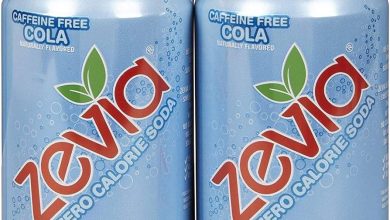Ingredient Overview: Whey
Whey, a sweet and nutrient-rich liquid byproduct of cheese production, is not only versatile in culinary applications but also offers a variety of health benefits. Below is the nutritional profile for whey, which highlights its essential components and provides insights into its contribution to a balanced diet.
| Nutrient | Amount per 100g |
|---|---|
| Energy (kcal) | 27.0 |
| Protein (g) | 0.85 |
| Total Fat (g) | 0.36 |
| Saturated Fat (g) | 0.23 |
| Carbohydrates (g) | 5.14 |
| Sugars (g) | 5.14 |
| Fiber (g) | 0.0 |
| Calcium (mg) | 47.0 |
| Iron (mg) | 0.06 |
| Magnesium (mg) | 8.0 |
| Phosphorus (mg) | 46.0 |
| Potassium (mg) | 161.0 |
| Sodium (mg) | 54.0 |
| Zinc (mg) | 0.13 |
| Copper (mcg) | 0.004 |
| Manganese (mg) | 0.001 |
| Selenium (mcg) | 1.9 |
| Vitamin C (mg) | 0.1 |
| Thiamin (mg) | 0.036 |
| Riboflavin (mg) | 0.158 |
| Niacin (mg) | 0.074 |
| Vitamin B6 (mg) | 0.031 |
| Folate (mcg) | 1.0 |
| Vitamin B12 (mcg) | 0.28 |
| Vitamin A (mcg) | 3.0 |
| Vitamin E (mg) | 0.0 |
| Vitamin D2 (mcg) | 0.0 |
Allergen Information
Whey may contain traces of dairy allergens and should be avoided by individuals with lactose intolerance or dairy allergies.
Dietary Preferences
Whey is suitable for those following a vegetarian diet but is not vegan due to its dairy origin. It can be included in low-fat and low-calorie meal plans.
Culinary Advice
Incorporating whey into smoothies, baked goods, or sauces can enhance flavor and nutritional value without adding significant calories. Consider using it in protein-rich recipes or as a base for sauces.
Conclusion
Whey is an excellent ingredient for enhancing the nutritional profile of various dishes, offering a blend of carbohydrates, protein, and essential minerals, making it a valuable addition to your culinary repertoire.










